Plants that have evolved to live in water, either freshwater or marine, are called aquatic plants. The species include floating plants, submerged plants, and emergent plants.
Examples of aquatic plants include water lilies, cattails, and lotus.
They play important roles in the aquatic ecosystem, providing habitat and food for aquatic animals and helping to maintain water quality.
They can also help limit erosion and restrict the amount of sunlight reaching the bottom of a water body, which can help manage algae development.
Some species of aquatic plants are also used for ornamental or medicinal purposes.
Floating plants, such as water lilies and lotus, have leaves and flowers that float on the water’s surface. They are often anchored to the bottom by roots but do not have any leaves or stems below the surface.

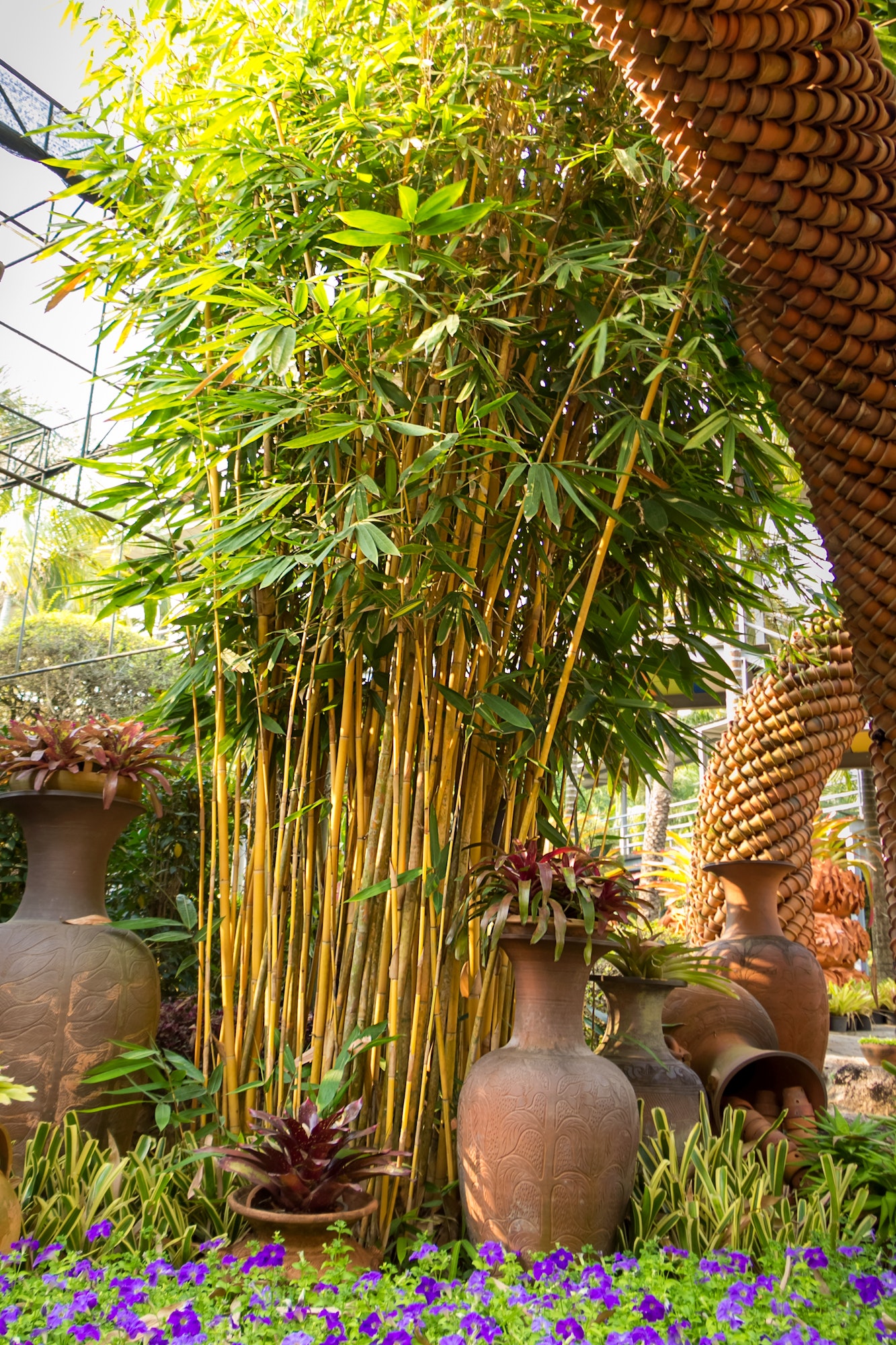
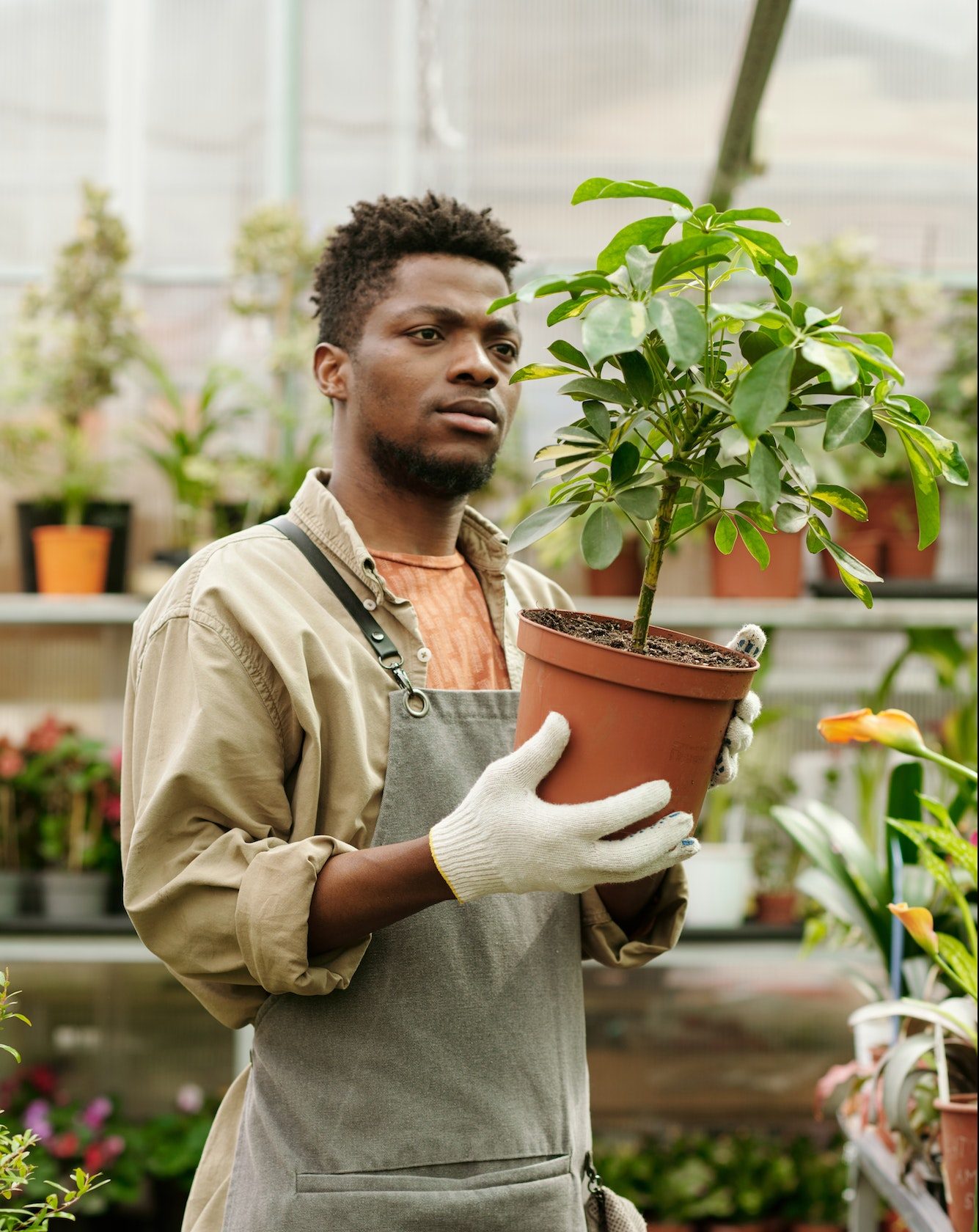
Submerged plants like hornwort and elodea have leaves, stems, and flowers entirely underwater. They are important oxygenators, absorbing carbon dioxide and releasing oxygen through photosynthesis.
Emergent plants, such as cattails and bulrushes, have leaves, stems, and flowers that grow above the water’s surface but have roots at the bottom. They are commonly found in shallow water and marshes.
Seeing how many types of aquatic plants there are and how land gardening is the primary form of gardening, many gardeners starting out in aquatic gardening often feel overwhelmed and have no idea where to start.
This is where Plant Judo can help. With our online aquatic plant specialist services, you will get expert advice on starting, maintaining and ensuring your aquatic garden’s health.
If you need an online aquatic plant specialist, please do not hesitate to contact us.
An aquatic plant specialist is a professional with expertise in identifying, cultivating and managing aquatic plants.
They help people identify and catalogue different species of aquatic plants.
They are involved in the research on the ecology and behaviour of aquatic plants and how these aquatic plants impact the quality of water and their impact on wildlife habitats.
They develop and implement management plans to control invasive aquatic plant species.
They are also involved in cultivating and maintaining aquatic plants for ornamental, medicinal, or other uses.
Aquatic plants are usually grown using two methods. One is through hydroponics, and the other is floating plant ponds
Hydroponics is a way of growing plants using nutrient-rich water instead of soil. It is one form of soilless agriculture that allows plants to grow in a controlled environment.
The plants are grown in a nutrient-rich solution delivered to the roots using various methods, such as drip irrigation, ebb and flow, or nutrient film technique.
With hydroponics, you will be able to increase your yield and increase the growth rate of your plants because they will have access to optimal levels of nutrients.
Hydroponics also helps you save water, as the recirculating system in this farming method regulates the amount used to keep plants hydrated.
As hydroponics uses a closed system to grow aquatic plants, the said plants will be less prone to pests and disease.
Soil can be difficult and costly to maintain; as such, using hydroponics will help you save money too.
Hydroponics requires a great deal of technical expertise and equipment, including knowledge of pH, temperature, and nutrient levels, as well as water filtration and sterilisation.
An aquatic plant specialist will be able to guide you through setting up and maintaining your hydroponic garden and use their vast knowledge and expertise to answer any questions you may have.
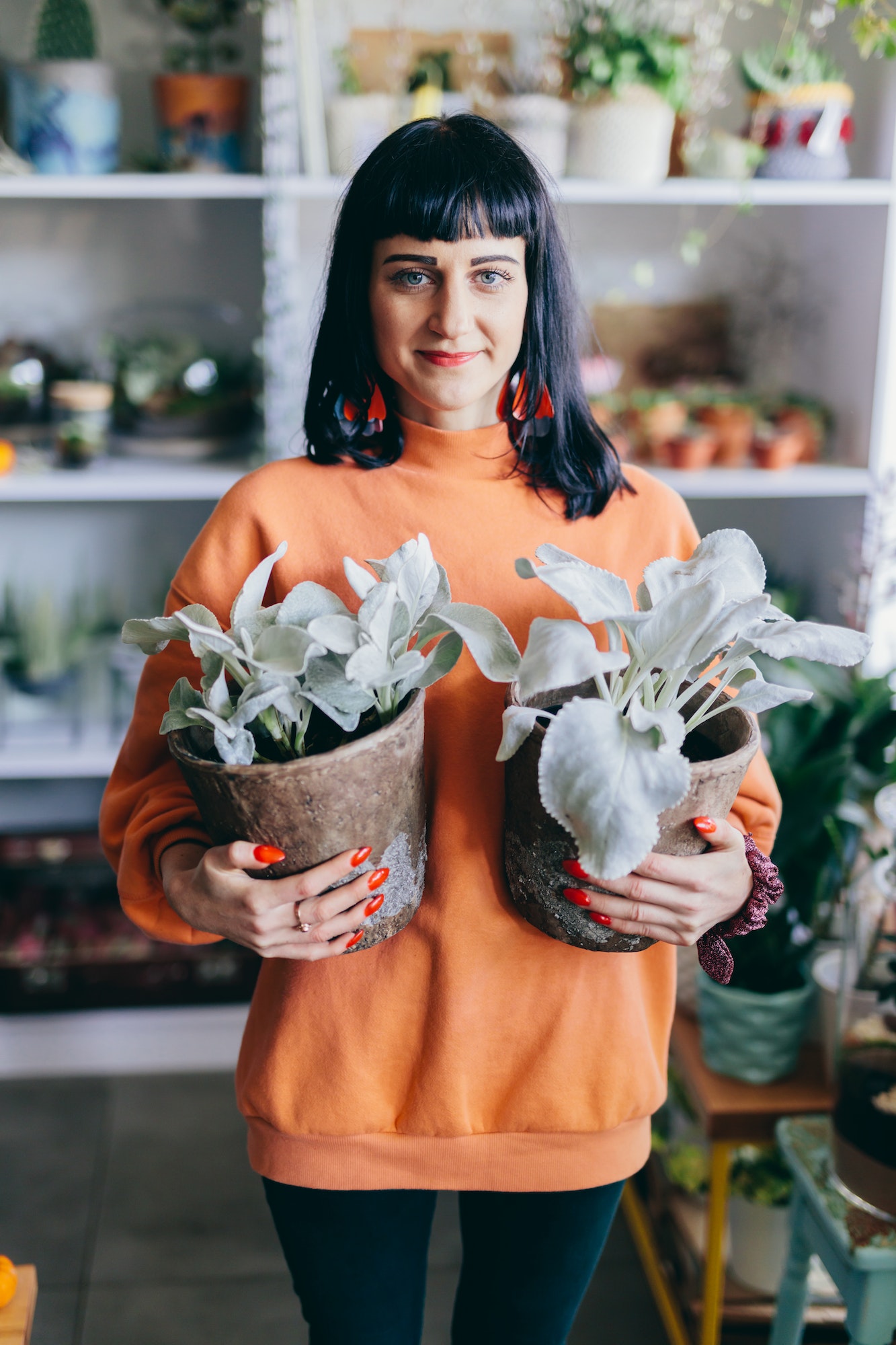
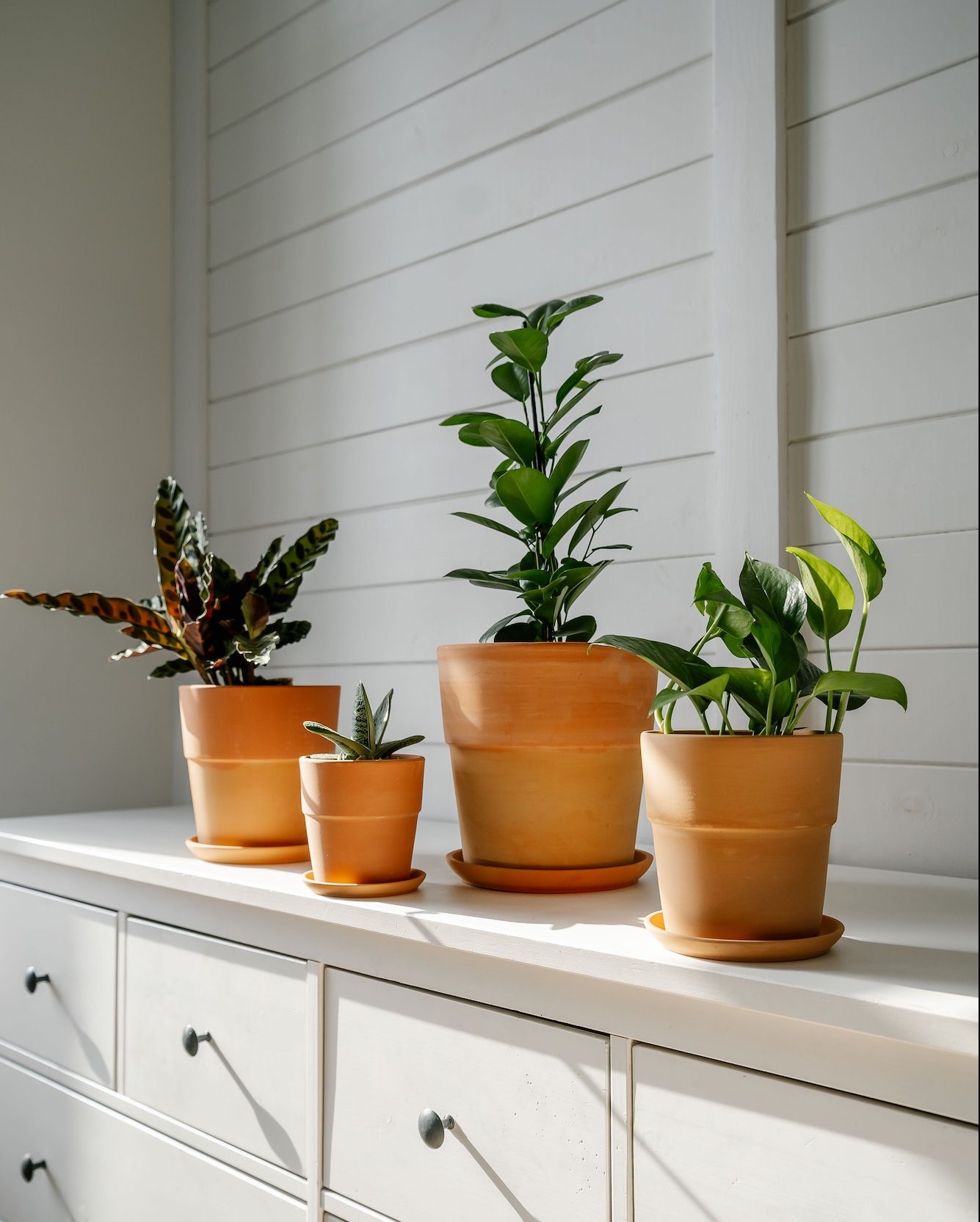
Floating plant ponds are bodies of water, typically man-made, designed specifically to support the growth of floating aquatic plants.
These plants, such as water lilies, lotus, and duckweed, have leaves and flowers that float on the surface of the water and are anchored to the bottom of the pond via roots. These plants are often grown to be used for their ornamental and aesthetic value, as well as for their ecological benefits.
These ecological benefits include:
The growth of floating plants must be controlled to avoid overgrowth and blocking the flow of water, which can lead to anoxia and fish death.
An aquatic plant specialist can help you create a plan and set up measures to prevent aquatic plant overgrowth.
Aquatic plants require specific water conditions. The water needs to be the correct pH level and temperature and have the correct nutrient levels for the plants to grow healthy. The plants will struggle to survive or even die if these conditions are not met.
Factors such as water pollution and pesticides can affect water quality, and therefore, they can affect the health of aquatic plants.
We can help you ensure the quality of your water by guiding you through what you need to do to ensure your water remains at the correct pH level.
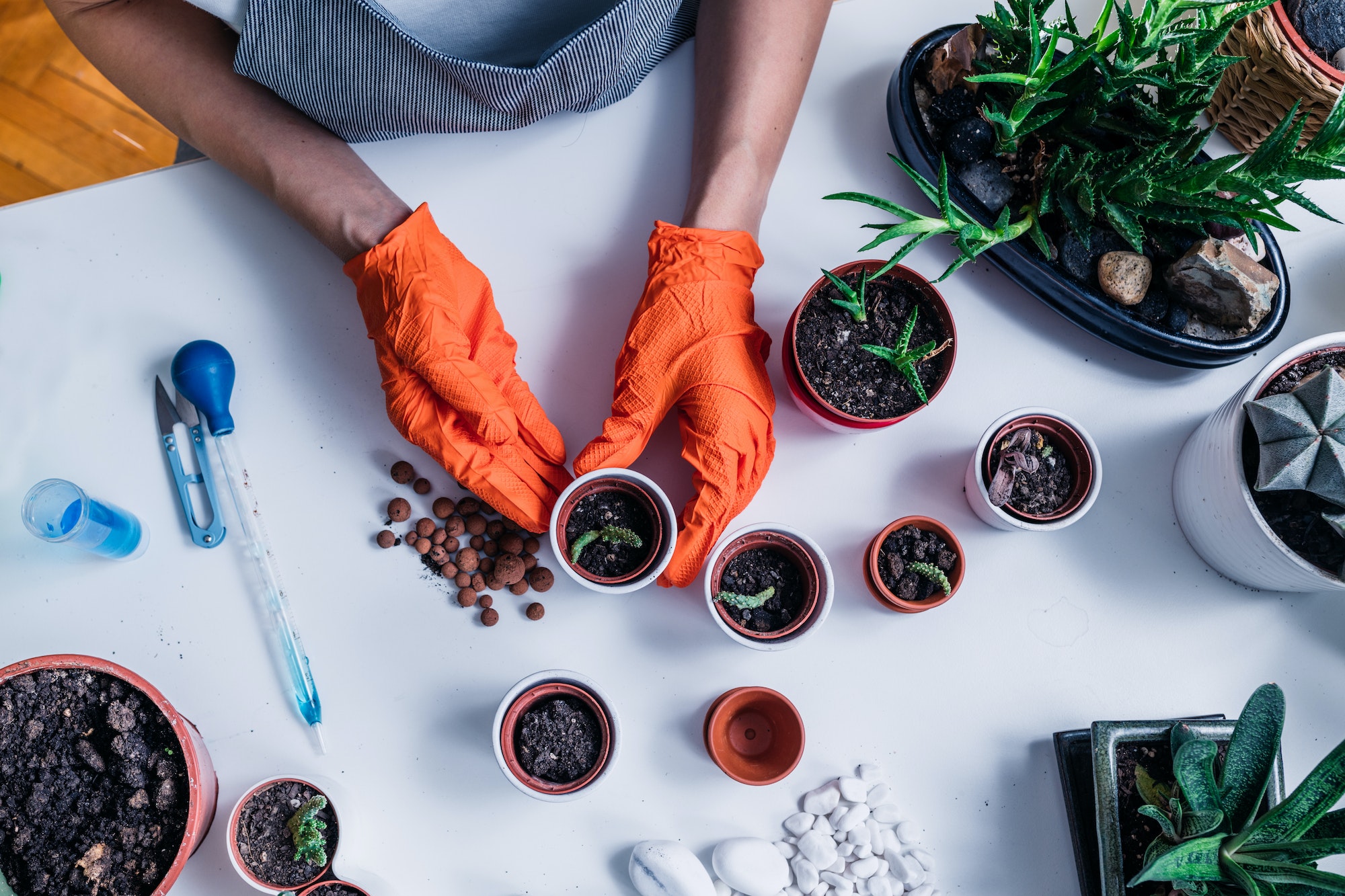
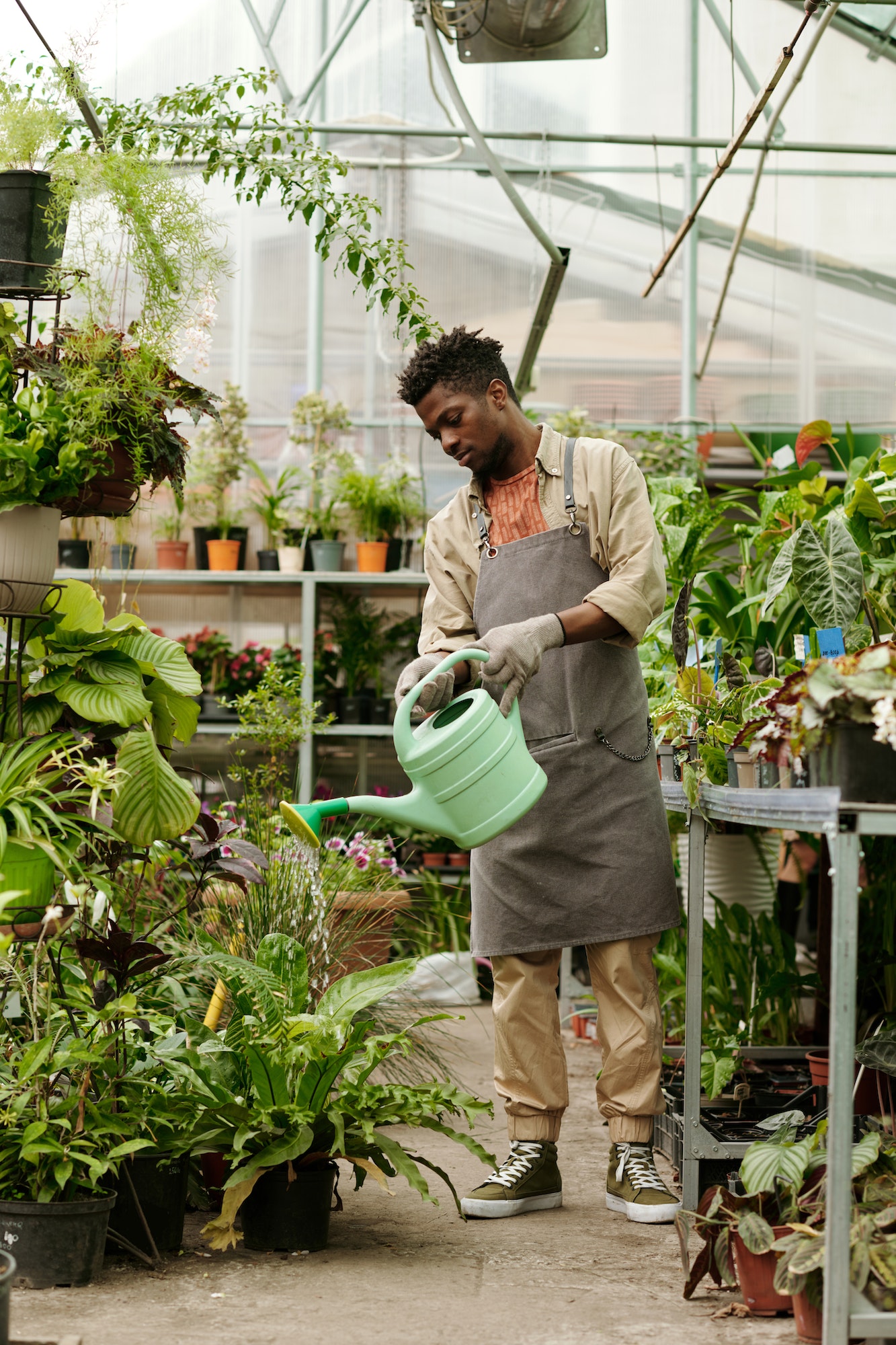
Many aquatic plants are susceptible to various pests and diseases, such as snails, algae and fungi. Proper pest and disease control measures must be taken to ensure the health and survival of the plants.
Invasive aquatic plants can quickly take over and outcompete native plants, leading to declining biodiversity and water quality. They are often difficult to control and can require specialised management techniques.
You can count on us to take care of any pests or diseases that may affect your aquatic plants. We can diagnose any illnesses within your aquatic garden and give you insight into how to get rid of it.
Aquatic plants can overgrow and form thick mats that can block water flow and fish migration and even create anoxia. Our aquatic plant specialist can help you overcome all of these challenges. They will advise you on the proper techniques and knowledge so that you can navigate your way through these challenges and ensure the health of your aquatic garden.
Plant Judo is a team of plant lovers and experienced gardeners with experience in what they do. Our goal is to help every gardener create the beautiful and sustainable aquatic environment of their dreams.
One way in which we can achieve this is by offering online aquatic plant specialist services.
We can help you design, build and maintain hydroponic gardens.
Our online aquatic plan specialists can answer any pertinent questions that you may have and will help you overcome any aquatic gardening challenge that you may be facing.
Whether you are a seasoned aquatic gardener or just getting started, you can get a hold of our specialised with a simple call.
Contact us today to learn more about our services.
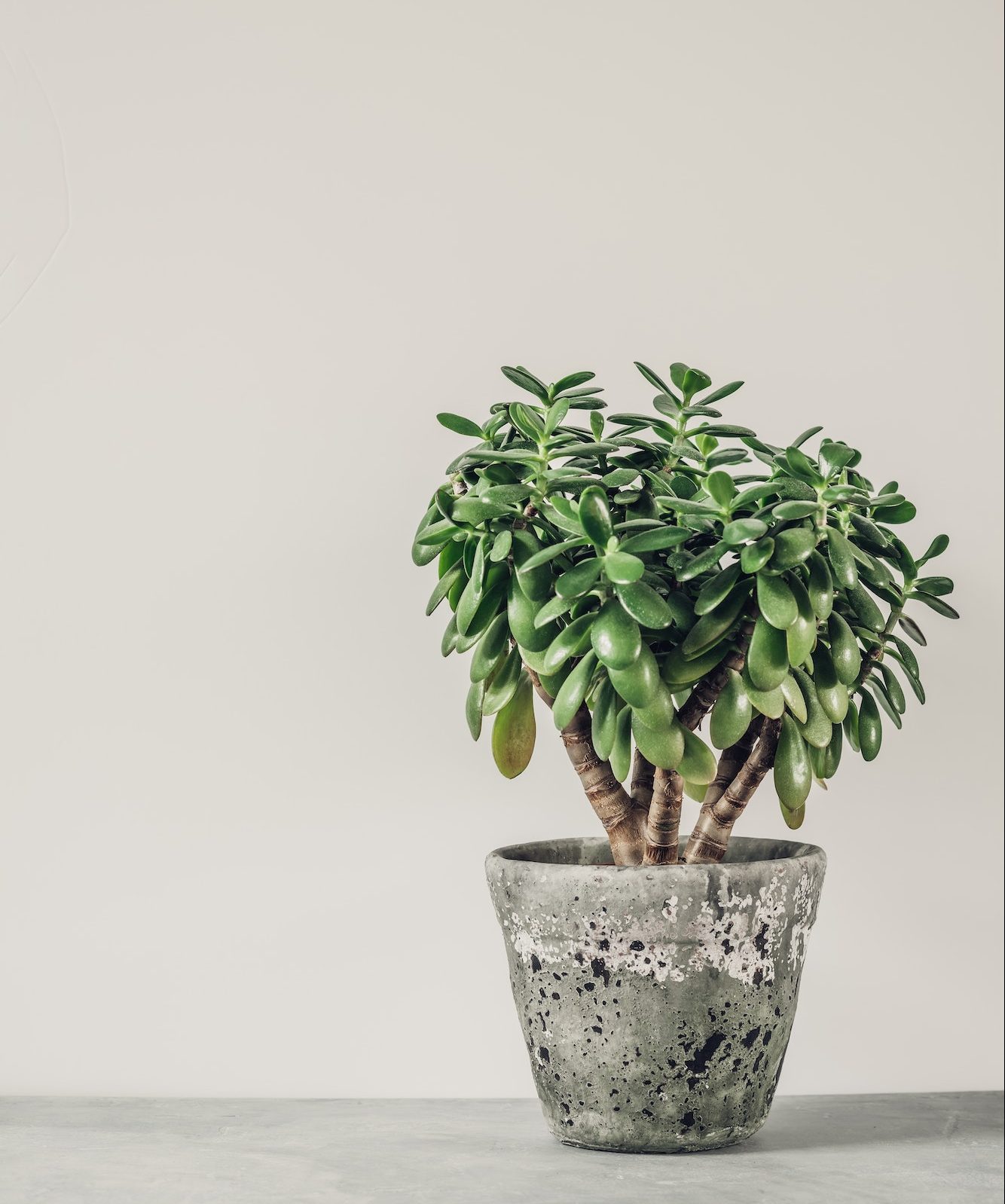
Our team of experts is knowledgeable about various aquatic plants, including floating plants, submerged plants, and emergent plants. We can provide you with information on each species’ characteristics, growth habits, and requirements.
Various methods can be used to control the growth of invasive aquatic plants, including manual removal, chemical treatment, and biological control. Our team of experts can assess the situation and recommend the best course of action for your specific needs.
Our rates vary depending on the services required. Please contact us to discuss your specific needs and receive a quote.

Copyright © 2024 Plant Judo. All Rights Reserved
Kemp House, 152 – 160 City Road,
London, EC1V 2NX
United Kingdom